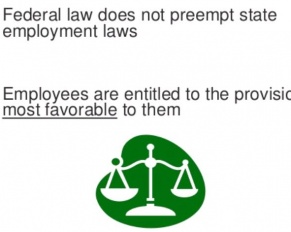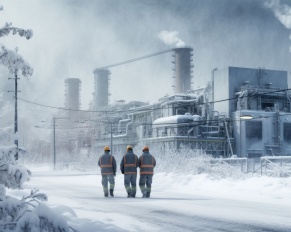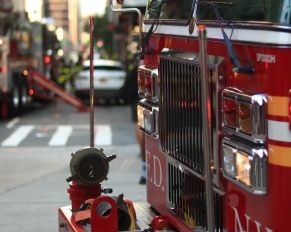Employment Law in NJ: Differences Between State and Federal Regulations Understanding employment law in New Jersey starts with understanding state-specific…


Employment Law in NJ: Differences Between State and Federal Regulations Understanding employment law in New Jersey starts with understanding state-specific…

originally posted on: https://www.employmentlit.com/2024/04/01/harsh-penalties-ny-roofing-company-after-death-of-employee/ By: Ty Hyderally, Esq. and Francine Foner, Esq. In a recent News Release, the…

Originally posted on: https://ciecka.com/cold-weather-work-hazards-know-your-rights-as-an-employee/ As the winter season unfolds, it brings with it a unique set of challenges for…

By: Francine Foner, Esq., and Ty Hyderally, Esq. In Bey v. City of New York, 999 F.3d 157 (2d Cir.…

Each year there are thousands of workers who witness some sort of wrongdoing on the job. They may discover fraud, abuse, or any type of actions which could jeopardize the well being, safety or lives of other people. Workers may witnesses a food processing plant which sends out contaminated food to consumers, violation of safety considerations at a nuclear facility, fraud that deceives a company’s stockholders, or a chemical company which dumps hazardous waste illegally into waterways. Too many times employees stay silent usually out of the fear of losing their jobs. Others step forward and share the truth risking their profession as well as their own well being to do so. These workers “blow the whistle” on various types of unethical conduct that occurs in the workplace in an attempt to make a difference. Basically, a whistleblower is one who discloses information that they believe to be evidence of some sort of wrongdoing on behalf of a company; or they reveal instances which may be jeopardizing the health and safety of the public in some way. Usually, a whistleblower speaks to influencing parties that can correct the situation. The whistleblower is afforded certain rights and protection by laws that are designed specifically for the purpose of protecting them.